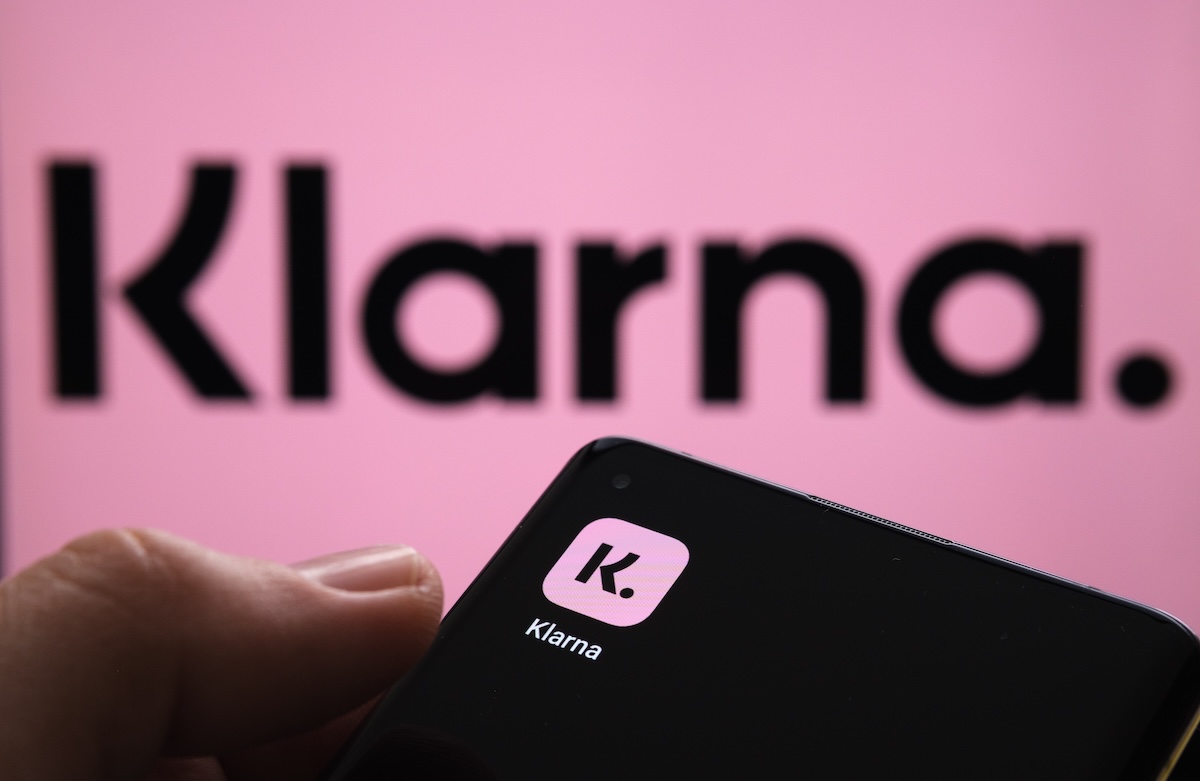
Klarna, a fintech company known for its buy now, pay later services, is unlikely to go public anytime soon after its first-quarter losses more than doubled, driven by a rise in delinquent customers.
Klarna’s net losses widened to $99 million in the first quarter, up from $47 million a year earlier, the company reported on May 19. Perhaps most concerning was a 17% increase in customer credit losses, which rose to $136 million.
This means a growing number of Klarna’s customers are failing to repay their loans on time.
“These are all subprime loans — every one of them — and there’s no collateral,” said economic analyst Amy Nixon, referring to Klarna’s buy now, pay later customers.
“Are they going to repossess the Gucci perfume you sprayed on yourself and never paid for?” she added.
These are ALL subprime loans
undefined Amy Nixon (@texasrunnerDFW) May 19, 2025
All of them.
And there’s no collateral.
Are they going to repossess the Gucci perfume you sprayed all over yourself and never paid for? https://t.co/FBwb9GSPnV
Although Klarna isn’t publicly traded, it releases financial results due to its earlier filing for an initial public offering (IPO), aiming to list on the New York Stock Exchange.
Those plans were put on hold in April after the trade war shook investor confidence and triggered a sharp decline in demand for new stock offerings.
As Investors Observer reported, Klarna scrapped its investor roadshow as markets suffered their worst two-day drop in decades.
Beyond deterring potential investors, Klarna’s recent losses highlight a deeper problem: the average American consumer is under growing financial strain.
Americans are feeling the pinch
Rising delinquencies are occurring alongside a steady increase in unemployment and ongoing concerns about how the trade war is affecting consumer finances and inflation.
In May, U.S. consumer confidence fell to its second-lowest level on record, driven by growing fears of inflation, according to the University of Michigan’s consumer sentiment survey.
“Tariffs were spontaneously mentioned by nearly three-quarters of consumers, up from almost 60% in April; uncertainty over trade policy continues to dominate consumers’ thinking about the economy,” said survey director Joanne Hsu.
Although the survey was conducted before the United States and China reached a tariff truce, there are signs that consumers’ inflation concerns are beginning to materialize.
Walmart has already announced plans to raise prices to offset rising supply chain costs, and economists say it’s only a matter of time before other retailers follow suit.
“If Walmart is doing it, everybody else is probably going to do it,” said UBS economist Alan Detmeister.
The Trump administration is pushing back against Walmart and other retailers, urging them to “eat the tariffs” instead of passing the added costs on to consumers.
Your email address will not be published. Required fields are markedmarked